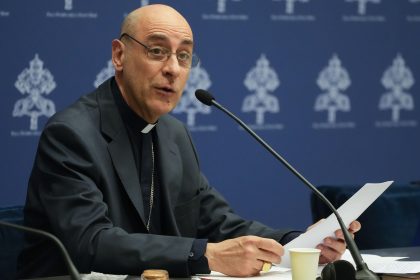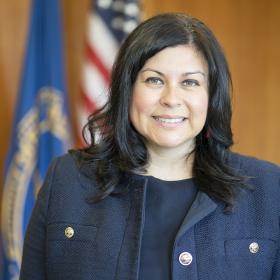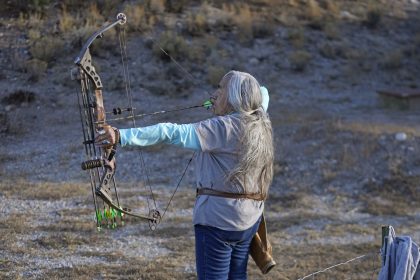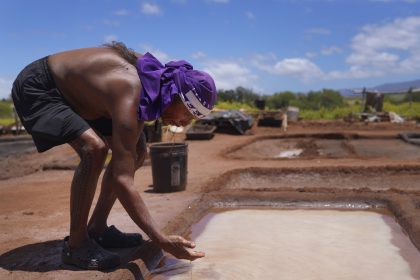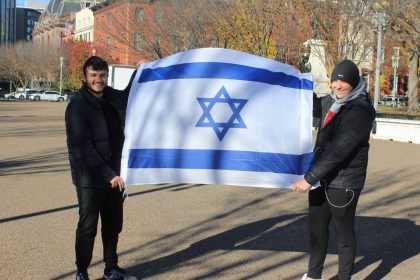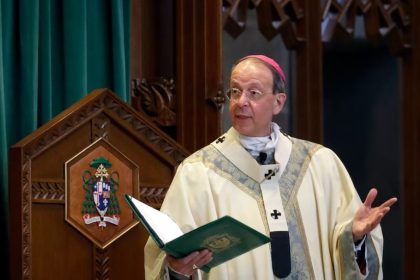New Survey Finds Importance of Religion Declining Among Americans Overall
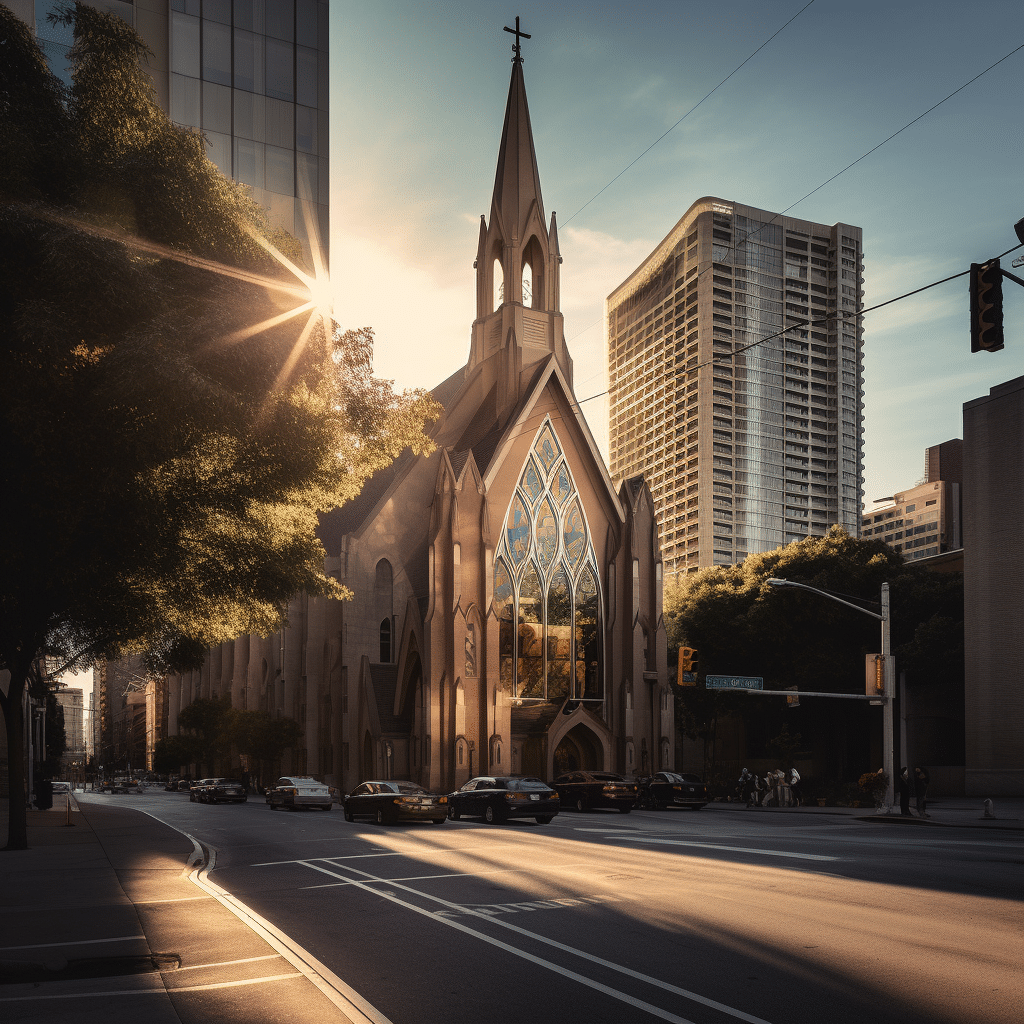
WASHINGTON — The importance of religion and regular church attendance to most Americans continues to decline according to a new poll from the Public Religion Research Institute, “Religion and Congregations in a Time of Social and Political Upheaval.”
“Churches are … transitioning back to in-person services following the COVID-19 pandemic and dealing with ongoing ripple effects from other major events, including national protests for racial justice, a divisive 2020 presidential election that resulted in a deadly insurrection at the U.S. Capitol, and renewed state legislative battles over reproductive and LGBTQ rights,” the institute states on its website.
Fewer than two in 10 Americans (16%) say religion is the most important thing in their lives. That number more than doubles for White evangelical Protestants (42%) and Black Protestants (38%). Nearly one in three Americans overall (29%) say religion is not important, a 10% increase from 2013.
“The state of American churches offers several paradoxes,” says Melissa Deckman, Ph.D., CEO of PRRI, in a written statement. “After the tumultuous last couple of years, we see a continued shuffling of affiliation among Americans and decline in church attendance. Yet Americans who remain active churchgoers are quite satisfied with their own congregations.”
According to the PRRI survey, Catholics especially have seen a significant shift in the number who say religion is not important in their lives. White Catholics (16%) are twice as likely in 2022 as they were in 2013 to say religion is not important (16% vs. 7%), and this gap is larger among Hispanic Catholics (13% vs. 2%).
While the political landscape has become increasingly polarized, and four in 10 churchgoers report that hot-button issues like abortion and racism are discussed in their churches, fewer than two in 10 churchgoers (13%) say that their church is more politically divided than it was five years ago.
According to the survey, concerns about the state of the country appear to have had little impact on the optimism religiously active Americans feel about their churches. More than eight in 10 churchgoers (82%) say they are optimistic about the future of their church. This optimism spans Christian denominations — with 88% of Hispanic Protestants, 86% of White evangelical Protestants, 81% of Black Protestants, 81% of Hispanic Catholics, 80% of White Catholics, and 77% of White mainline Protestants holding this view.
The survey found nearly equal percentages of churchgoers say their church is more racially diverse today than it was a decade ago (36%) as report their church is less racially diverse (34%). Republican churchgoers (40%) are more likely than Democrat churchgoers (29%) to note their church is more racially diverse today. Less than half of Christian churchgoers of all denominations believe their church has more racial diversity today than in the past, including 45% of White Catholics, 36% of White evangelical Protestants, and 31% of White mainline Protestants and Hispanic Catholics.
According to the survey, concerns about the state of the country appear to have had little impact on how religiously active Americans feel about their churches. More than eight in 10 churchgoers (82%) say they are optimistic about the future of their church. This optimism spans Christian denominations — with 88% of Hispanic Protestants, 86% of White evangelical Protestants, 81% of Black Protestants, 81% of Hispanic Catholics, 80% of White Catholics, and 77% of White mainline Protestants holding this view.
Nearly a quarter of Americans (24%) say they previously followed a different religious tradition or denomination than the one they belong to now, up from 16% in 2021. Those most likely to say they previously followed a different religious tradition are members of non-Christian religions (38%) and the religiously unaffiliated (37%). Jewish Americans (15%) and Black Protestants (15%) are the least likely to say they were previously a follower or practitioner of a different religious tradition.
The survey reported among those who attend services at least a few times a year, and about one in 10 (9%) say that they have been attending their current church for less than a year, 14% say they have attended for more than one year but less than five, 17% have attended for more than five years but less than 10, and the majority (59%) say they have attended the same church for more than 10 years.
A majority of churchgoers (56%) do not believe their church is more divided by politics than it was five years ago. Only 13% say that their church is more politically divided than it was five years ago.
Republican churchgoers are more likely than independent and Democrat churchgoers to say their church is not more divided by politics than in the past (63% vs. 50% and 48%, respectively). Hispanic Protestants (71%), White evangelical Protestants (64%), Black Protestants (62%), and other Christians (60%) are the groups most likely to say that their church is not more politically divided than in the past. By contrast, less than half of Hispanic Catholics (48%), White mainline/non-evangelical Protestants (46%), and White Catholics (42%) say that their church is not more politically divided than it was five years ago.
About three in 10 churchgoers (32%) agree with the statement: “The U.S. would benefit from having more elected leaders who follow religions other than Christianity or are not religious at all,” and two-thirds (65%) disagree. Republican churchgoers (84%) are twice as likely as Democratic churchgoers (42%) to disagree with this idea. The majority of independent churchgoers (70%) also disagree.
Among the different groups of Christian churchgoers, White evangelical Protestants (82%) are the most likely to disagree with the idea that the U.S. would benefit from having elected leaders who follow other religions or are non-religious, while 72% of White Catholics, and about two-thirds each of White mainline/non-evangelical Protestants (67%) and Protestants of color (64%) also disagree.
Disagreement with the idea that the U.S. would benefit from having more elected leaders who follow religions other than Christianity increases with age: nearly half of young churchgoers aged 18-29 (48%) disagree, compared with 61% of churchgoers aged 30-49, 67% of churchgoers aged 50-64, and 76% of senior churchgoers aged 65 and over.
The Health of Congregations Survey was designed and conducted by PRRI. The survey was conducted among a representative sample of 5,872 adults (aged 18 and up) living in all 50 states in the United States and the District of Columbia who are part of Ipsos’ KnowledgePanel. An additional 536 adults were recruited by Ipsos using opt-in survey panels to increase the sample sizes in smaller states. Additionally, this survey includes 212 additional respondents recruited by Ipsos using opt-in survey panels to increase the number of white mainline/non-evangelical Protestants in the data. Interviews were conducted online between Aug. 9 and Aug. 30, 2022.
You can reach us at [email protected] and follow us on Facebook and Twitter


















